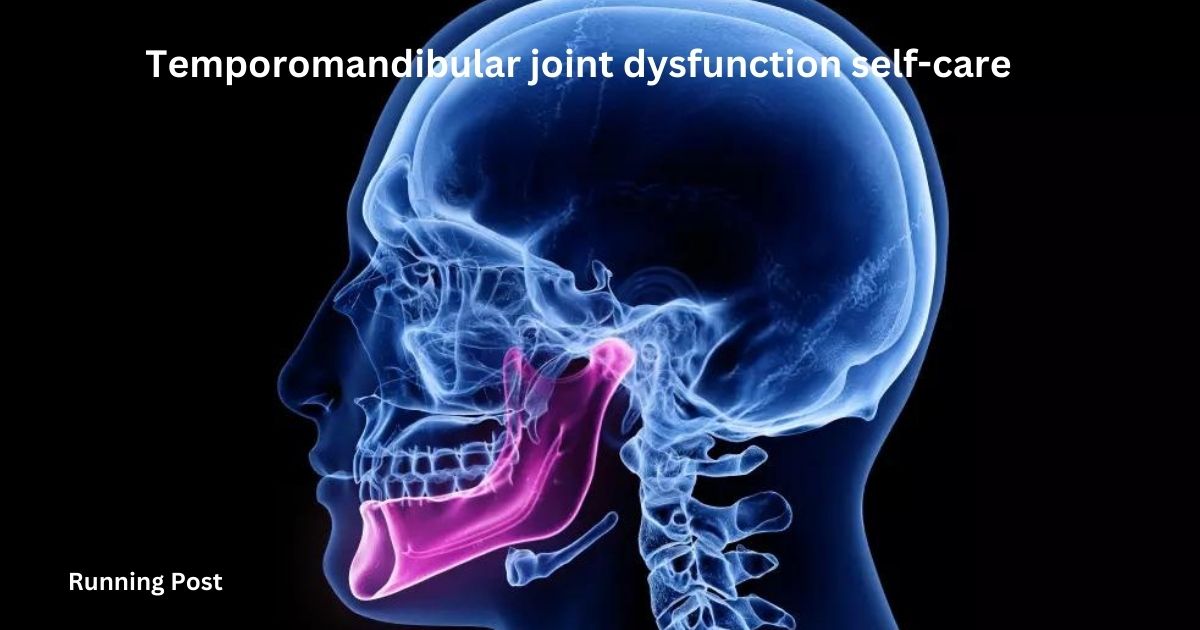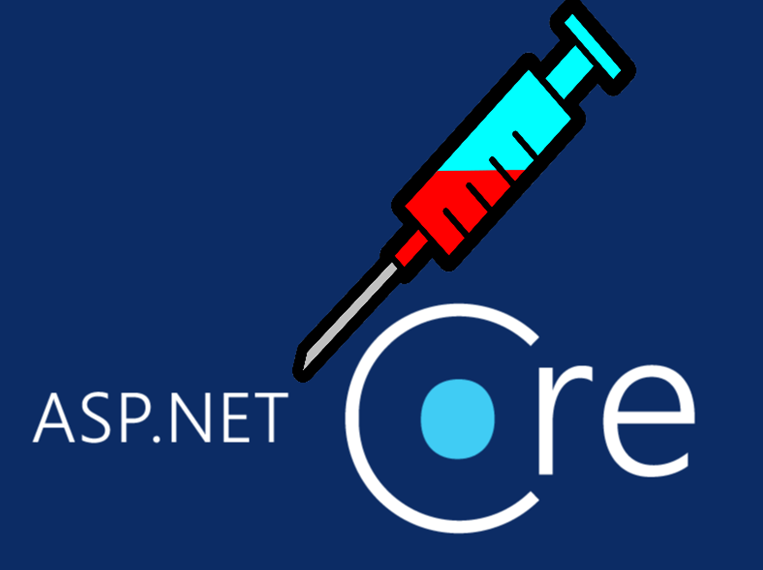Understanding Temporomandibular Joint Dysfunction (TMJ)
What is TMJ Dysfunction?
Temporomandibular Joint Dysfunction (TMJ) refers to a group of disorders affecting the temporomandibular joint, which connects the jawbone to the skull. This joint is essential for mouth movements such as speaking, chewing, and yawning. When this joint becomes problematic, it can lead to pain, discomfort, and limited movement. TMJ disorders can arise from various factors, including injury, arthritis, or habitual behaviors that stress the joint.
The symptoms of TMJ dysfunction are often multifaceted, making diagnosis and treatment challenging. Individuals may experience a dull or sharp pain in the jaw or face, difficulty opening or closing the mouth, and a clicking or popping sound when moving the jaw. These symptoms can vary in intensity and may interfere with daily activities, making it crucial to address them promptly.
Causes and Risk Factors
Potential Causes: TMJ dysfunction can result from several underlying causes. Commonly, it arises from jaw injuries, such as those from accidents or trauma. Arthritis, which causes inflammation in the joint, can also lead to TMJ issues. Additionally, habitual behaviors like teeth grinding or jaw clenching can strain the joint and surrounding muscles. Misalignment of the teeth or jaw can further exacerbate these problems, leading to chronic discomfort.
Risk Factors and Contributing Factors: Several risk factors contribute to the development of TMJ disorders. Stress is a significant factor, as it can increase muscle tension and lead to clenching or grinding. Other risk factors include poor posture, which can place additional strain on the jaw and neck muscles, and genetic predisposition, where a family history of TMJ issues might increase susceptibility. Additionally, improper dental work or bite alignment issues can also play a role in the onset of TMJ dysfunction.
Self-Care Strategies for Managing TMJ Dysfunction

Daily Habits to Ease Symptoms
Proper Jaw Exercises: Engaging in specific jaw exercises can help alleviate TMJ symptoms by strengthening and stretching the muscles around the joint. Gentle exercises, such as slowly opening and closing the mouth or moving the jaw side to side, can improve flexibility and reduce stiffness. Regular practice of these exercises can enhance joint function and decrease discomfort. It’s crucial to perform these exercises slowly and avoid any movements that cause pain.
Techniques for Stress Management: Since stress can exacerbate TMJ symptoms, incorporating stress management techniques into daily routines is beneficial. Techniques such as deep breathing exercises, progressive muscle relaxation, and mindfulness meditation can help reduce overall stress levels. Engaging in relaxing activities, such as listening to soothing music or practicing yoga, can also contribute to reducing muscle tension and alleviating TMJ-related discomfort.
Dietary Adjustments
Foods to Eat and Avoid: Adjusting your diet can significantly impact TMJ symptoms. Soft foods, such as yogurt, smoothies, and mashed potatoes, are easier on the jaw and can prevent further strain. Avoiding hard, chewy, or sticky foods, like nuts, gum, and tough meats, is advisable to minimize stress on the jaw joint. Eating smaller, more frequent meals rather than large ones can also reduce the strain on your jaw muscles.
Eating Techniques to Minimize Pain: In addition to dietary changes, modifying eating techniques can help manage TMJ symptoms. Chewing food evenly on both sides of the mouth can reduce stress on the affected joint. Taking smaller bites and chewing slowly can prevent overuse of the jaw muscles. Using utensils, such as forks and knives, to cut food into smaller pieces can make eating less strenuous and more comfortable.
Pain Relief Methods
Over-the-Counter Pain Relievers: Over-the-counter (OTC) pain relievers, such as ibuprofen or acetaminophen, can help manage TMJ-related pain and inflammation. These medications work by reducing inflammation and alleviating discomfort, providing temporary relief. It’s essential to follow the dosage instructions on the packaging and consult with a healthcare provider if symptoms persist or if you have any concerns about medication use.
Hot and Cold Compresses: Applying hot or cold compresses to the affected area can provide relief from TMJ pain. Cold packs can help reduce inflammation and numb the area, while warm compresses can relax tense muscles and improve blood flow. Alternating between hot and cold compresses can be effective in managing pain and discomfort. Be sure to use a cloth or towel to protect your skin from direct contact with the heat or cold.
Home Remedies and Alternative Therapies
Massage Techniques: Gentle massage of the jaw and surrounding muscles can help alleviate TMJ symptoms by reducing muscle tension and improving circulation. Techniques such as circular motions with the fingertips or applying gentle pressure to tender areas can provide relief. Regular self-massage or professional massage therapy can be beneficial in managing TMJ-related discomfort and promoting relaxation.
Acupuncture and Acupressure: Acupuncture and acupressure are alternative therapies that may offer relief from TMJ symptoms. Acupuncture involves inserting fine needles into specific points on the body to stimulate energy flow and alleviate pain. Acupressure, which uses finger pressure on specific points, can help reduce muscle tension and improve overall well-being. Consulting with a licensed practitioner can help determine the suitability of these therapies for your specific condition.
You Also Like It:
willian da silva cavalcante willian da silva cavalcante 391.200.268/11
Indícame el camino a la tienda de alimentos más cercana
When to Seek Professional Help
Signs You Need to Consult a Specialist
Persistent Pain and Discomfort: If TMJ symptoms persist despite self-care efforts, it may be time to consult a healthcare professional. Persistent pain, discomfort, or a noticeable increase in symptoms can indicate a need for further evaluation and treatment. Seeking professional help can provide a more accurate diagnosis and appropriate management options tailored to your specific needs.
Difficulty in Jaw Movement: Experiencing significant difficulty in moving the jaw, such as trouble opening or closing the mouth fully, warrants professional evaluation. Restricted jaw movement can impact daily functions and quality of life. A healthcare professional can assess the underlying causes of these limitations and recommend appropriate interventions to improve jaw mobility and function.
Types of Healthcare Professionals for TMJ Dysfunction
Dentists and Oral Surgeons: Dentists and oral surgeons are often the first point of contact for TMJ dysfunction. They can assess the alignment of your teeth and jaw, identify any structural issues, and recommend treatments such as dental splints or orthodontic interventions. Oral surgeons may be involved if surgical options are considered necessary for addressing severe TMJ disorders.
Physical Therapists and Other Specialists: Physical therapists can play a crucial role in managing TMJ dysfunction through targeted exercises and therapies aimed at improving jaw function and reducing pain. Other specialists, such as rheumatologists or pain management experts, may also be involved if TMJ issues are related to systemic conditions or require advanced pain management strategies.
Preventive Measures and Long-Term Management
Lifestyle Changes to Prevent Recurrence
Stress Reduction Techniques: Incorporating stress reduction techniques into your lifestyle can help prevent the recurrence of TMJ symptoms. Practices such as mindfulness meditation, regular physical exercise, and maintaining a balanced diet can contribute to overall well-being and reduce muscle tension. Managing stress effectively can play a significant role in preventing the exacerbation of TMJ-related issues.
Ergonomic Adjustments in Daily Activities: Making ergonomic adjustments to daily activities can reduce strain on the jaw and surrounding muscles. Ensuring proper posture while sitting at a desk, using supportive pillows while sleeping, and avoiding clenching or grinding habits can help prevent TMJ symptoms from recurring. Creating a comfortable and supportive environment in both work and home settings can contribute to long-term management and symptom relief.
Regular Monitoring and Follow-Up
Importance of Regular Check-Ups: Regular check-ups with your healthcare provider are essential for monitoring TMJ dysfunction and assessing the effectiveness of treatment strategies. Routine evaluations can help identify any changes in symptoms or jaw function, allowing for timely adjustments to your management plan. Consistent follow-up care ensures ongoing support and optimal management of TMJ-related issues.
Tracking Your Symptoms and Progress: Keeping track of your symptoms and progress is crucial for effective TMJ management. Maintaining a journal of your symptoms, treatment responses, and any triggers can provide valuable insights into the effectiveness of your self-care strategies. Sharing this information with your healthcare provider can help tailor your treatment plan and address any concerns or challenges in managing your TMJ dysfunction.
Frequently Asked Questions (FAQs) about Temporomandibular Joint Dysfunction Self-Care (TMJ)
What are the most common symptoms of TMJ dysfunction?
The most common symptoms of TMJ dysfunction include:
- Jaw Pain: Persistent pain or discomfort in the jaw joint or surrounding muscles.
- Clicking or Popping Sounds: Audible noises when opening or closing the mouth.
- Limited Jaw Movement: Difficulty in fully opening or closing the mouth.
- Headaches: Tension headaches or migraines related to jaw tension.
- Facial Pain: Pain that radiates to the face, ears, or neck.
If you experience any of these symptoms, it’s important to seek appropriate self-care or consult a healthcare professional for further evaluation.
How can I effectively manage TMJ symptoms at home?
Effective home management of TMJ symptoms includes:
- Jaw Exercises: Gentle stretching and strengthening exercises to improve jaw flexibility and reduce stiffness.
- Stress Management: Techniques such as deep breathing, meditation, or relaxation exercises to reduce muscle tension and stress.
- Dietary Adjustments: Eating soft foods and avoiding hard or chewy items to minimize strain on the jaw.
- Pain Relief Methods: Using over-the-counter pain relievers and applying hot or cold compresses to relieve pain and inflammation.
- Home Remedies: Techniques such as gentle massage or alternative therapies like acupuncture may also provide relief.
Consistency in these practices can help manage symptoms and improve your quality of life.
When should I see a healthcare professional for TMJ dysfunction?
You should consult a healthcare professional if:
- Symptoms Persist: Pain or discomfort continues despite self-care efforts.
- Jaw Movement Issues: Difficulty in moving the jaw or opening the mouth fully.
- Severe Symptoms: Significant or worsening pain, swelling, or other concerning symptoms.
A professional evaluation can provide a proper diagnosis and recommend targeted treatment options to address your specific condition.
What types of healthcare professionals can help with TMJ dysfunction?
Several types of healthcare professionals can assist with TMJ dysfunction, including:
- Dentists: They can assess bite alignment, provide dental splints, and recommend orthodontic treatments.
- Oral Surgeons: In cases requiring surgical intervention, oral surgeons can provide advanced treatment options.
- Physical Therapists: They can offer exercises and therapies to improve jaw function and reduce pain.
- Rheumatologists: For TMJ issues related to systemic conditions like arthritis.
- Pain Management Specialists: For advanced pain management strategies and therapies.
Choosing the right professional depends on the severity of your symptoms and the underlying causes.
What lifestyle changes can help prevent TMJ dysfunction from recurring?
To prevent TMJ dysfunction from recurring:
- Stress Reduction: Engage in activities and techniques that manage and reduce stress.
- Ergonomic Adjustments: Maintain good posture and make ergonomic changes in your workspace and daily routines.
- Avoiding Clenching/Grinding: Be mindful of and work to reduce clenching or grinding habits.
- Healthy Habits: Incorporate a balanced diet, regular exercise, and adequate sleep to support overall health.
Implementing these changes can help minimize the risk of TMJ issues and promote long-term well-being.
How can I track my symptoms and progress effectively?
To track your symptoms and progress:
- Maintain a Journal: Record details about your symptoms, treatment responses, and any potential triggers.
- Regular Updates: Note any changes in your symptoms or overall condition regularly.
- Share with Your Provider: Provide this information to your healthcare provider during appointments for a more accurate assessment and tailored treatment plan.
You Also Like It:
Understanding the C0765 0x4750 and C0750 0x4765 Code


















